*Disclaimer: This article includes mentions of mental health issues. The Flyover advises readers to proceed with caution.*
With every second that ticks by, the silent battle for mental health finds a new victim. According to a report from the Korea National Health and Nutrition Examination Survey, the psychological conditions of adults after COVID-19 were exacerbated with a 2.9% increase in depression and stress rate. The nationwide escalation opened people’s eyes like a wake-up call – a reminder that our minds require as much attention as our bodies.
By the year 2021, the risk of diagnosis for at least one form of mental health disorder in a lifetime increased for at least 1 out of 4 individuals. Despite this detrimental situation, the rate of treatment remains low. Recent data indicates that only 22% of individuals who require psychological help seek professional attendance.
This mental health care crisis most likely contributes to South Korea’s stigma related to it. A study conducted by students from Seoul National University Hospital examined social media platforms for the most common associations with the word “psychiatry” to identify barriers that negatively impact the chances of people reaching out for guidance. From over 97,730,360 texts analyzed from 2016 to 2019, 6,097,369 pieces contained keywords such as “disadvantage”, “prejudice”, and “mad person”. This further confirms the presence of shame toward mental health disorders in South Korea.
Mental health conditions often lead to disconnection from society. Conversely, isolation causes further deterioration of health – obesity, alcohol use disorder, depression, and a variety of other physical and mental complications.
“Hopeless society… [where people] consume everything they can see, but do not have the time to think about who they are,” said philosopher and international author Han Byeong-Chul on the rise of 독거노인 (single elderly person households) due to the low birth rates.
This imbalance in population with a predicted 1:5 ratio of younger generations to the elderly only adds to Korea’s depression rates. Research conducted by Professor Heejung Kim of Yonsei University showed that almost 30.2% (730 out of 2,416 surveyed) of elderly individuals who live alone reported symptoms of depression.
On April 14, 2023, the Korean Government announced plans to implement a new system to tackle the country’s suicide and depression rates spiraling out of control. Among the 38 nations in the Organization for Economic Cooperation and Development (OECD), Korea held the record for the highest suicide rate for the past 20 years, with an average rate of 24.1 people out of every 100,000 per year. Ironically, the number almost doubles that of the United States, a country with a massive population that makes up approximately 4.23% of the world. Prime Minister Han Duck-soo declared that the project aims to lower this number to 18.2 per 100,000 by 2027.
This “National Suicide Prevention Action Plan” offers solutions from multiple angles – creation of online support groups, and education on methods of identifying may-be-at-risk individuals. This way, more people can receive support through gatekeeper programs. The action plan now requires citizens to receive mental health checkups every two years, in hopes of earlier identification of illnesses and to minimize further consequences.
The gatekeeper regimen showed immediate success: out of 800 randomly selected individuals who participated in the program, 19.9% were at high risk of self-harm. Of the population that received an education on mental disorder identification, 71.5% successfully used their training experience to appropriately inform those who struggle with suicide prevention and refer them to mental health professionals.
The current efforts to take on the nationwide matter proved highly effective, and Korean citizens expect more noticeable change in the coming years. A single voice can initiate subsequent calls for help, and with a few more, it transforms into a collective chant. After all, human nature drives us to assimilate and lean onto one another.


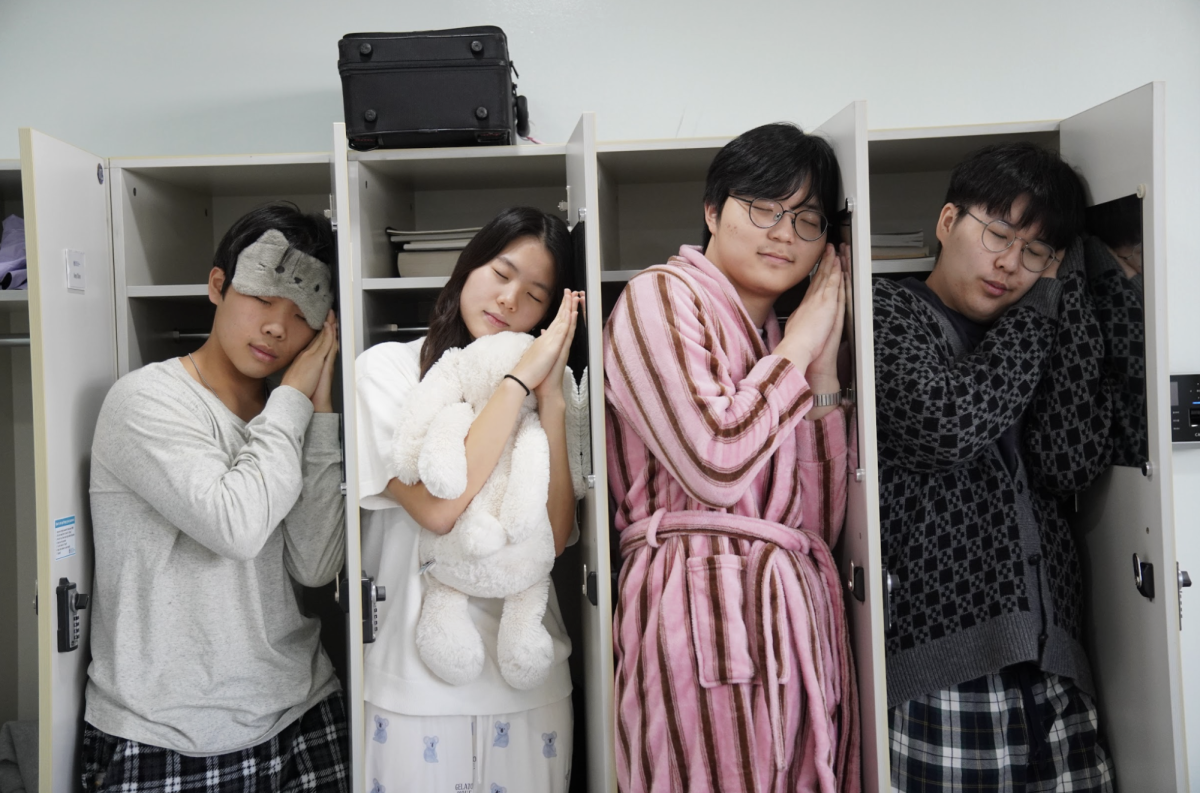
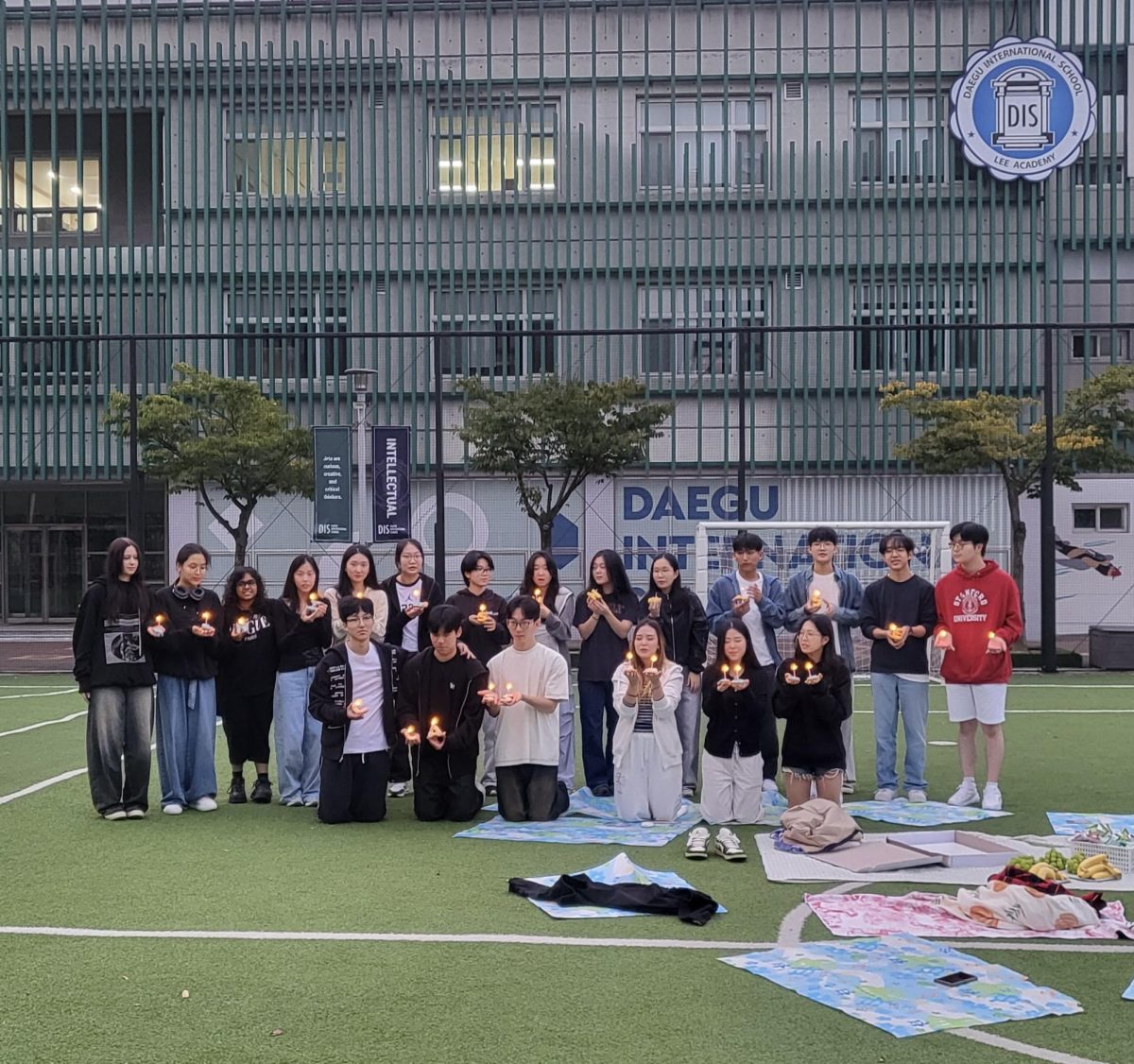



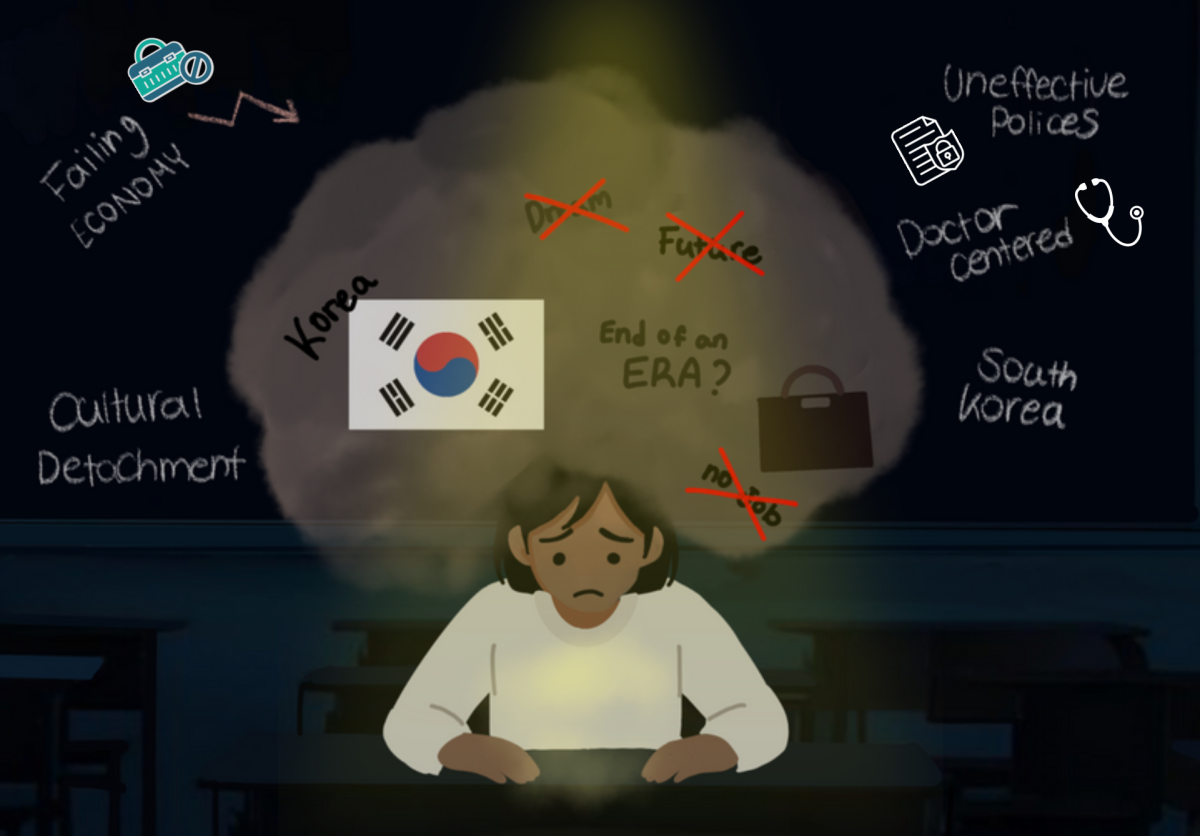











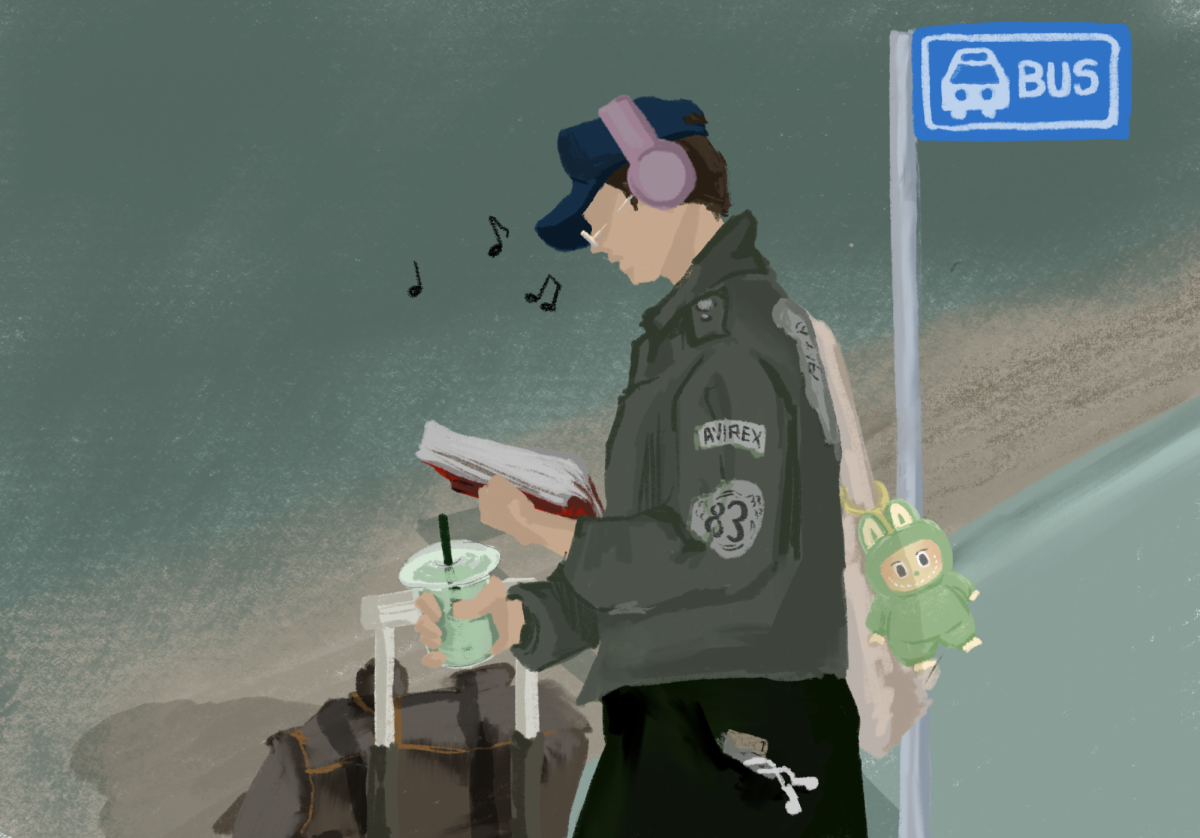






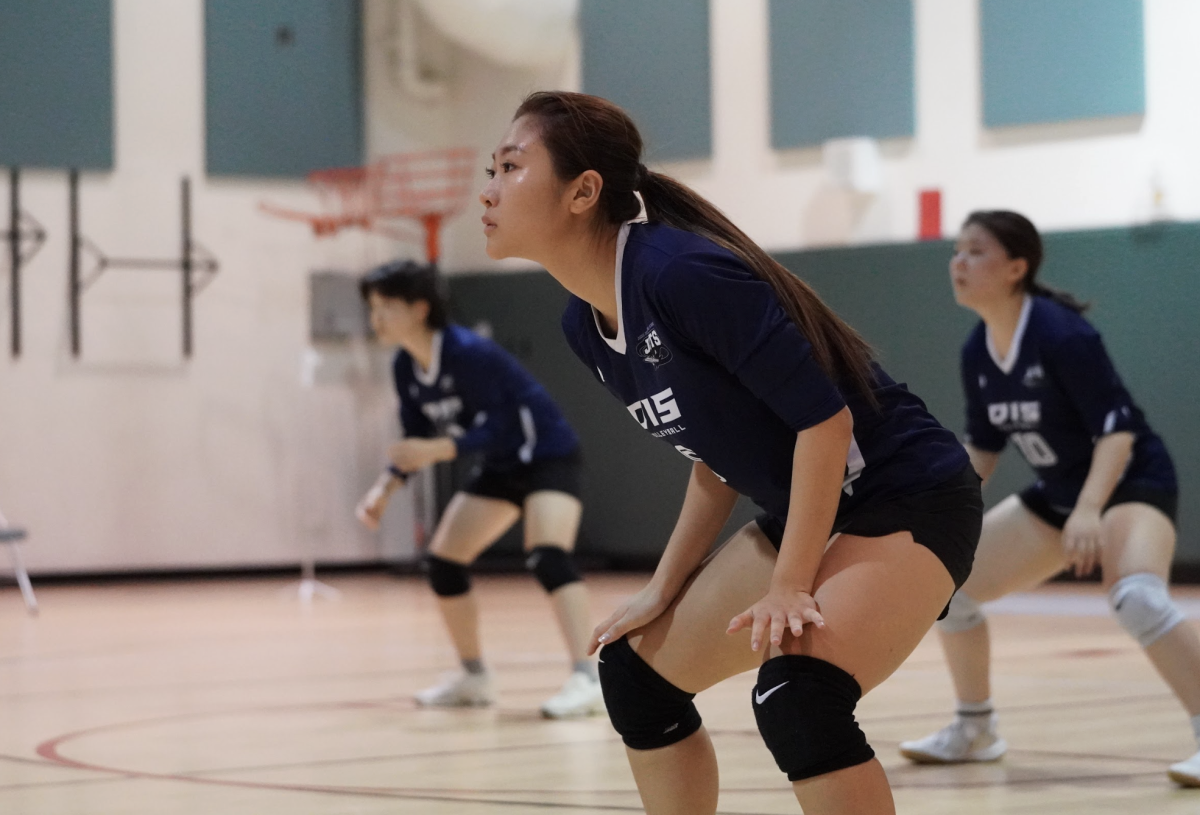





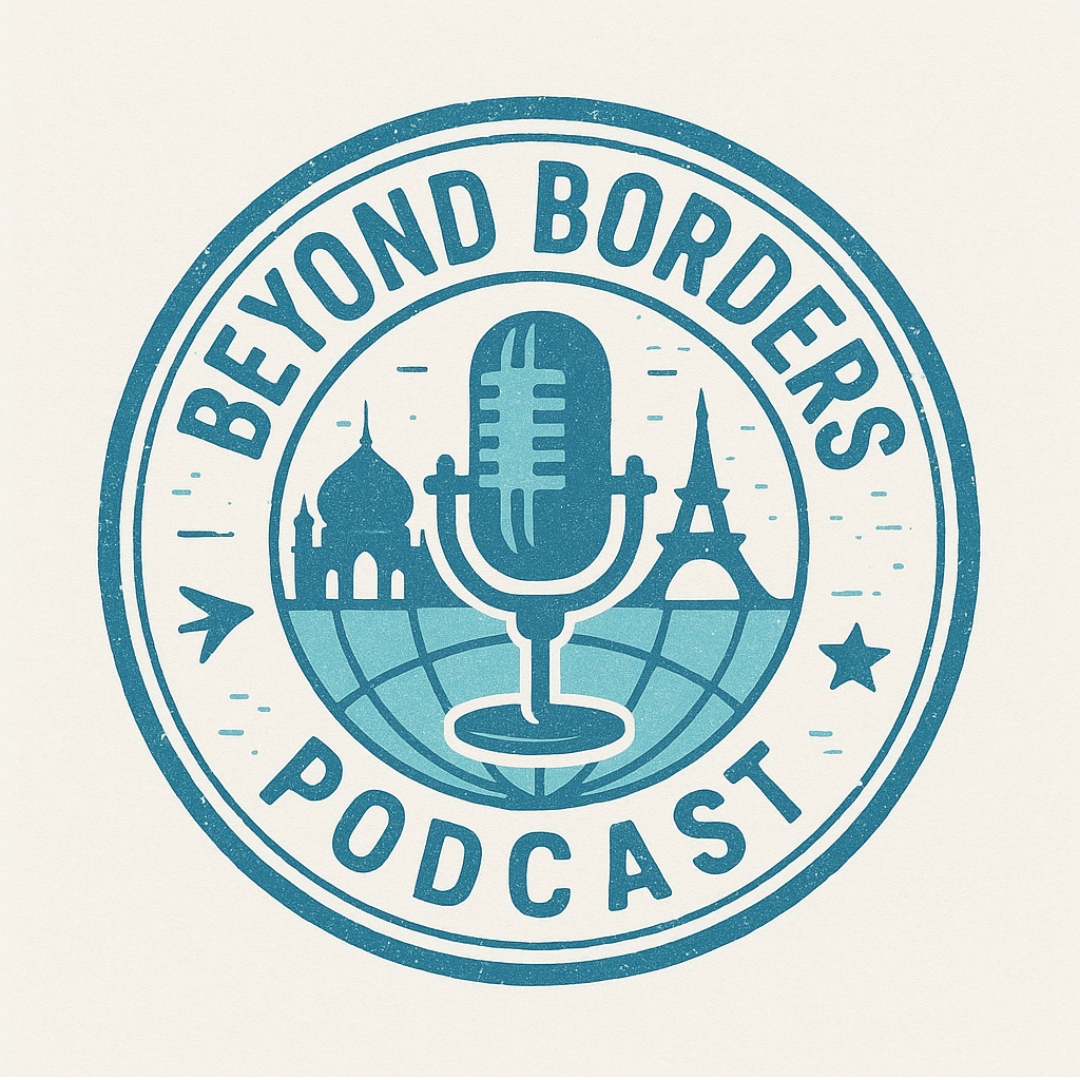
















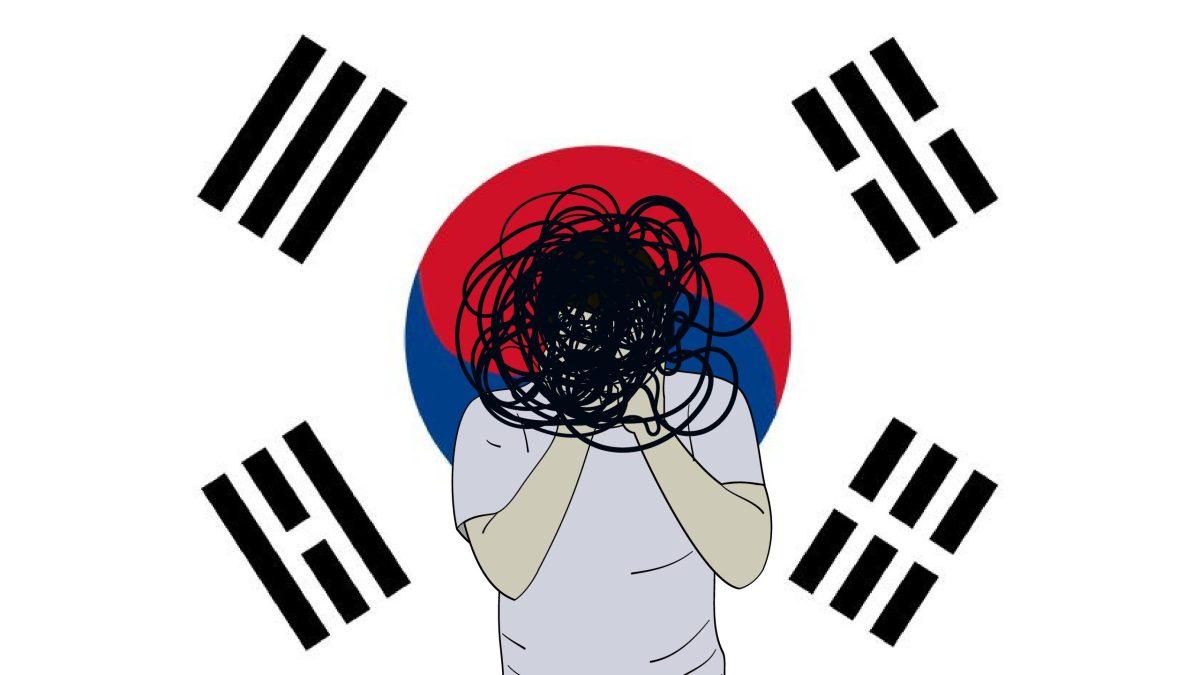
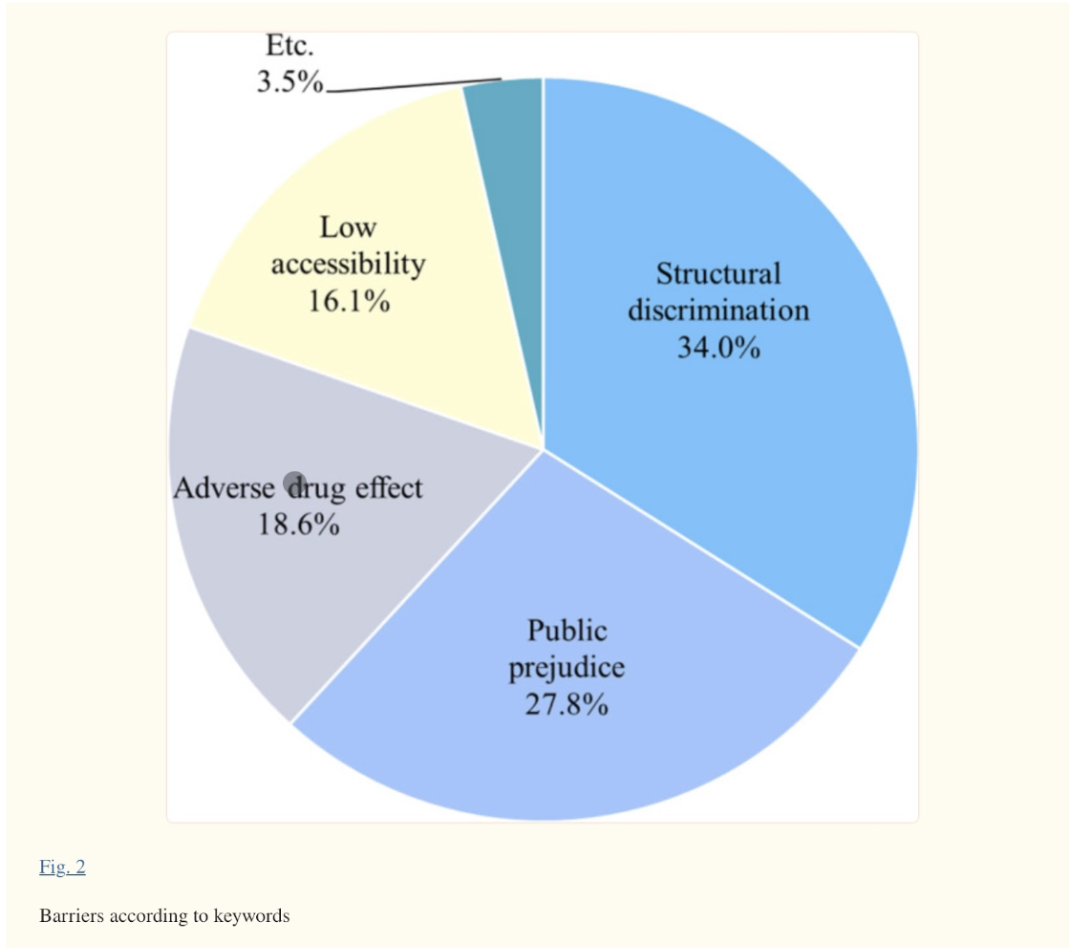

Kevin • Nov 30, 2023 at 6:27 pm
I think the suicide prevention action plan is a boon to society, since there were many attempts to prevent suicide such as the suicide prevention walking program I participated in september. Therefore, with the new law, I think these programs will also be better funded, so they can hold more impactful events and possibly help in curbing suicide rates below the expectations that the new law set.
Mr. Pierog • Nov 30, 2023 at 6:24 pm
Great piece, Anna, on an important issue!